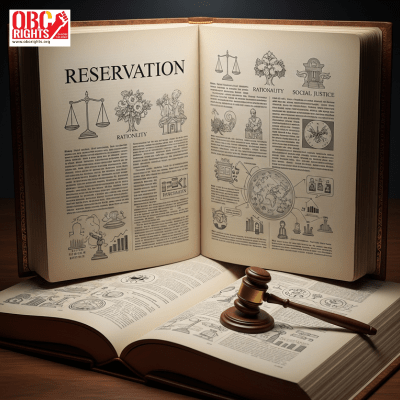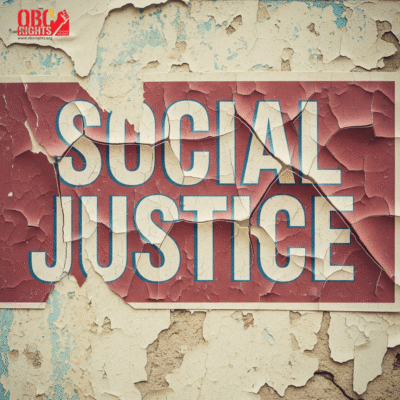For millions of aspirants, Central Government Exams represent a path towards dignity, stability, and social mobility. They are seen as the great equalizer — where talent and effort can bridge centuries of disadvantage. Yet, beneath this ideal lies a subtle but powerful form of inequality that few care to notice: the financial burden on OBC candidates.
While policymakers celebrate inclusivity, the fee structures of Central Government Exams tell a different story. They reveal a silent barrier that pushes many backward-class youth to the edge, making access to opportunity itself a privilege.
The Price Tag of Equality
Every form, every application, every “opportunity” comes with a price — literally. For most exams for central government jobs, OBC candidates pay almost the same fees as those in the general category.
Consider a few examples:
- IBPS and SBI Bank Exams: ₹750–₹850 for OBC and General candidates, while SC/ST applicants pay nothing.
- UPSC and SSC Exams: ₹100 for OBC and General, but fee exemptions for SC/ST and women.
At first glance, these might seem small amounts. But for aspirants preparing for multiple Central Government Exams, these costs multiply quickly — running into thousands of rupees each year. For families surviving on modest rural incomes, such expenses often mean choosing between applying for a dream job or buying essentials for the month.

The Contradiction in Policy
The Constitution acknowledges OBCs as a socially and educationally backward class, deserving of support under Articles 15(4) and 16(4). Yet, in Central Government Exams, this recognition vanishes.
This shows that the policy is based on old and outdated ideas. The belief that OBCs are financially better off than SC/ST communities is no longer true. Since the creamy layer rule already excludes the richer sections, it makes no sense to deny fee concessions to OBC candidates from poorer backgrounds.
The Hidden Filter Before the Exam
The discrimination here is subtle but severe. By setting higher application fees in exams for central government jobs, the system creates a financial filter before merit can even be tested.
Thousands of aspirants are excluded not because they lack ability, but because they lack the money to apply to multiple notifications. Many give up after one or two attempts because of travel, form, and document expenses. When access to the exam itself becomes expensive, the idea of “equal opportunity” collapses before the exam hall doors even open.
This is especially painful for rural OBC youth — the very group these Central Government Exams were supposed to empower.
The Irony of Public Institutions
The irony deepens when we look at the banking sector. Public-sector banks — which talk endlessly about financial inclusion — charge the highest fees for OBC candidates. The same institutions that claim to uplift the poor are, in practice, demanding a financial entry ticket from those least able to afford it.
Isn’t it contradictory that the state offers reservation in selection but not affordability in application?
Time for a Fair Fee Policy
The solution is neither complex nor radical. What’s needed is a simple recognition that Central Government Exams should not become paywalls to opportunity. The government must:
- Extend fee reductions or waivers to non-creamy-layer OBC candidates.
- Ensure transparent disclosure of fee collection data by category.
- Revisit policies across SSC, UPSC, IBPS, and other Central Government Entrance Exams to reflect social justice in both access and outcome.
This reform would not only be fair but also symbolic — acknowledging that inclusion begins with entry, not just selection.
The Larger Question
How can a democracy claim equal opportunity when it charges unequal prices for participation?
How long will OBC youth continue to pay extra for their share of justice?
The idea of equality cannot survive if access itself carries a price tag. Unless policies around Central Government Entrance Exams are re-examined with empathy and fairness, India’s exam system will continue to reward privilege and penalize poverty — all while claiming to promote merit.
If equality is truly the goal, then it must begin not after the exam results, but at the very moment a candidate decides to apply.



